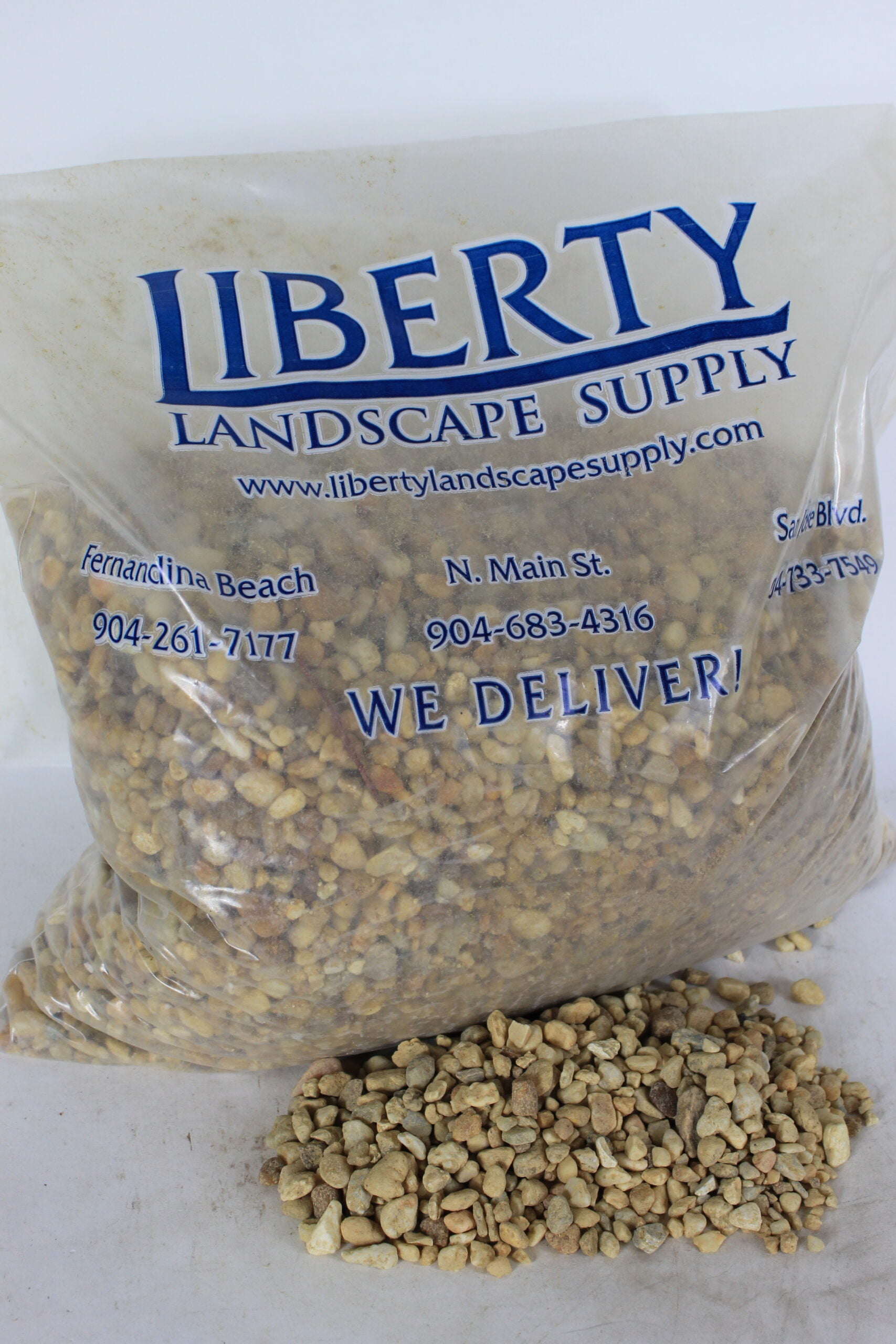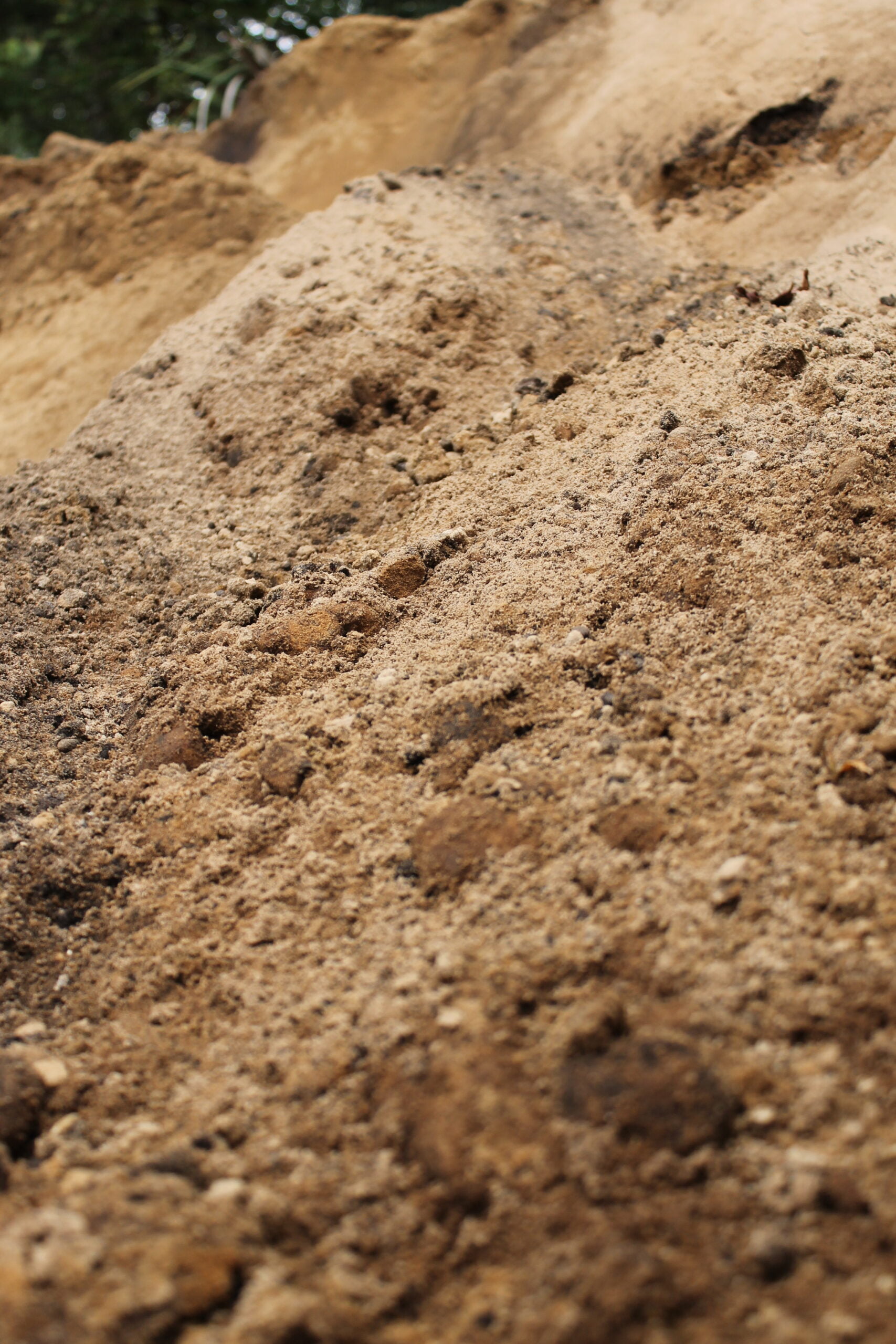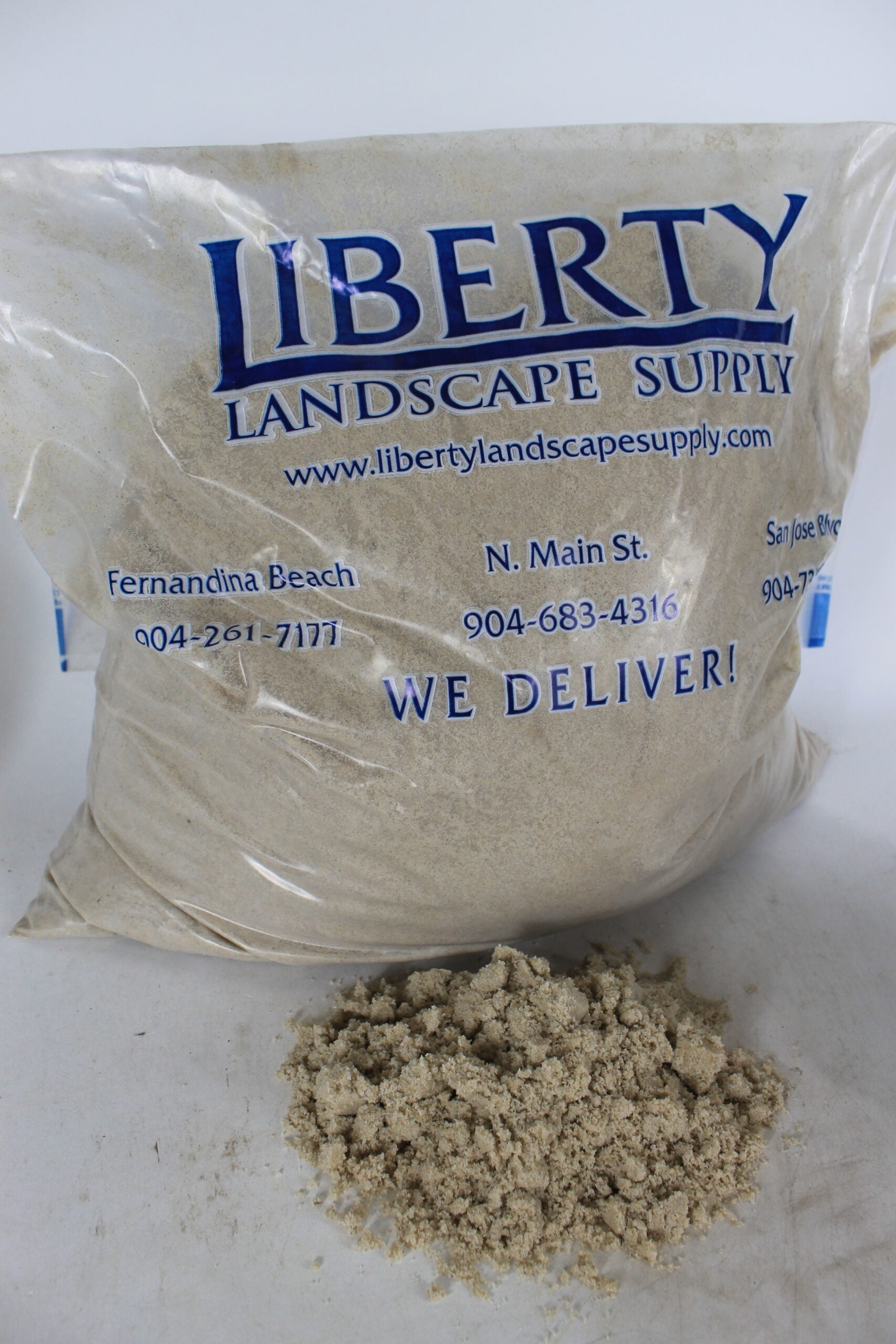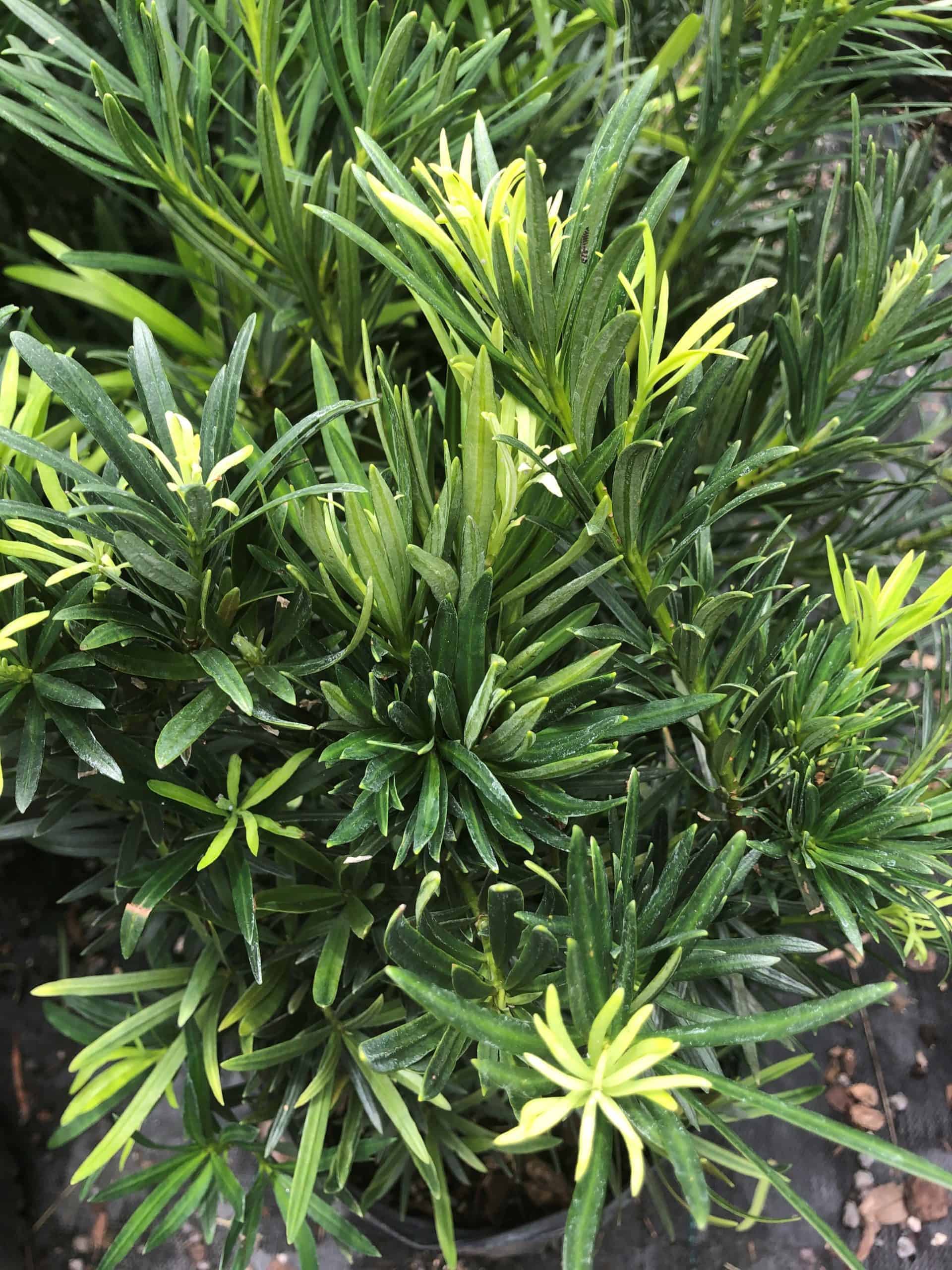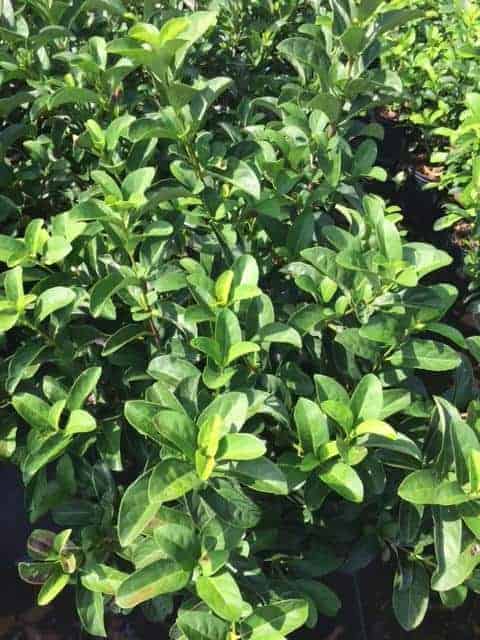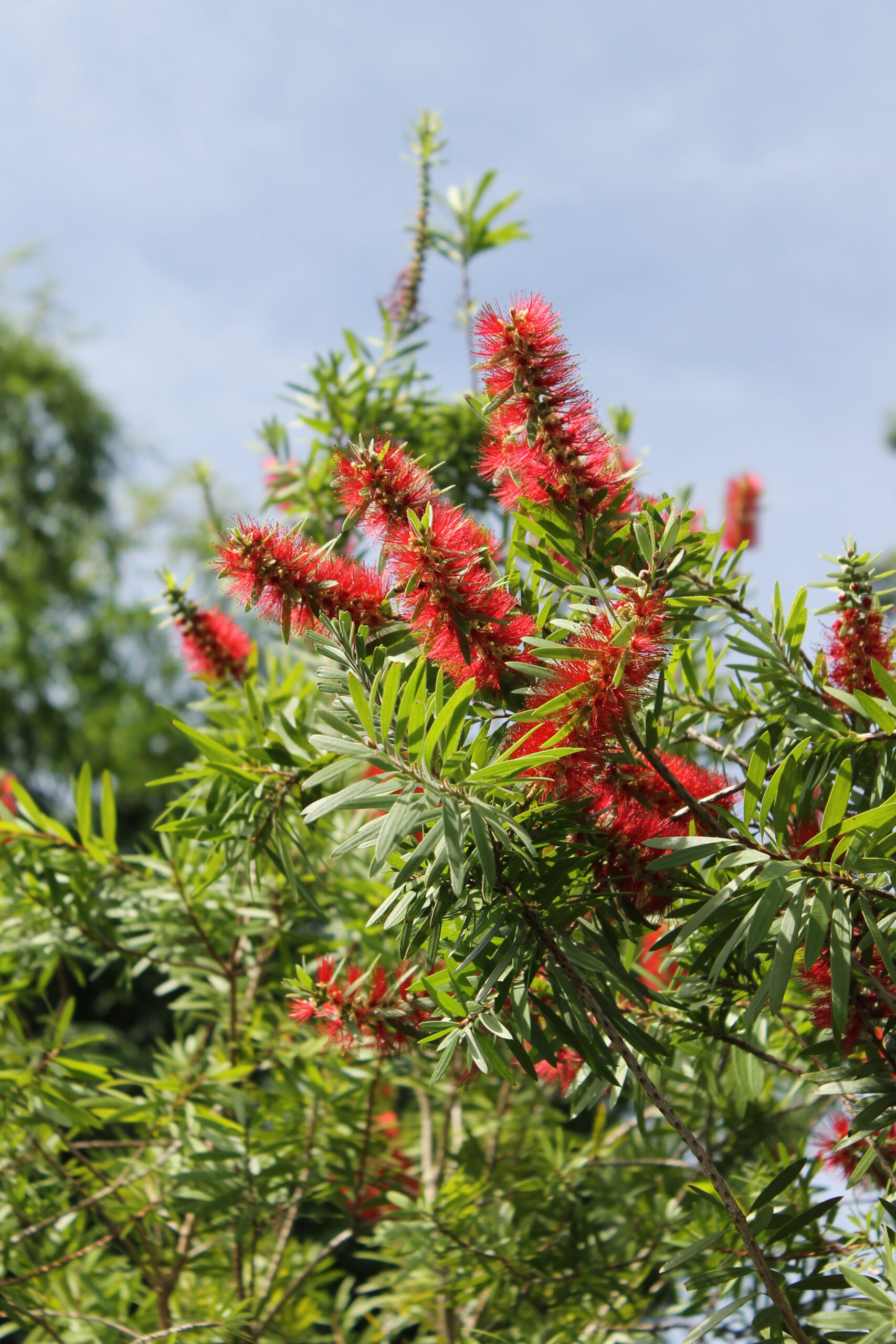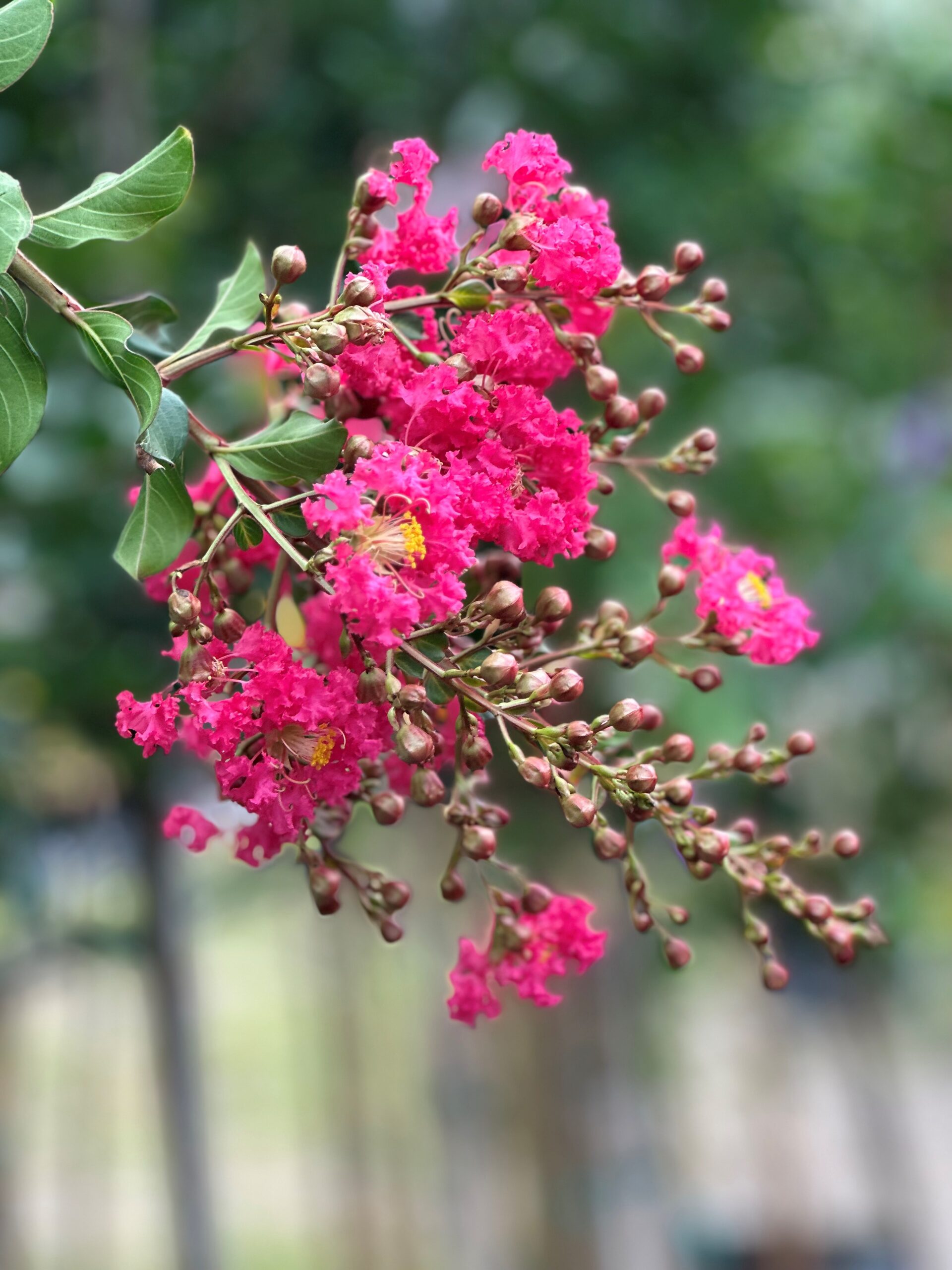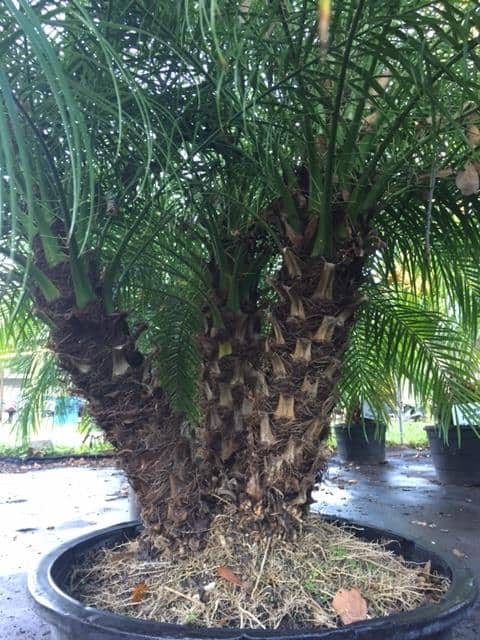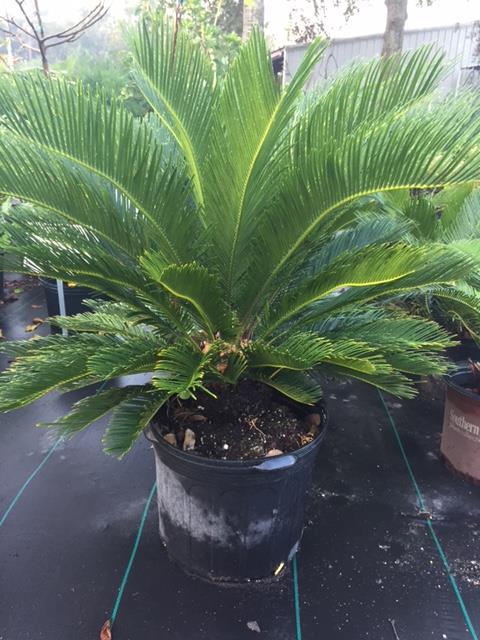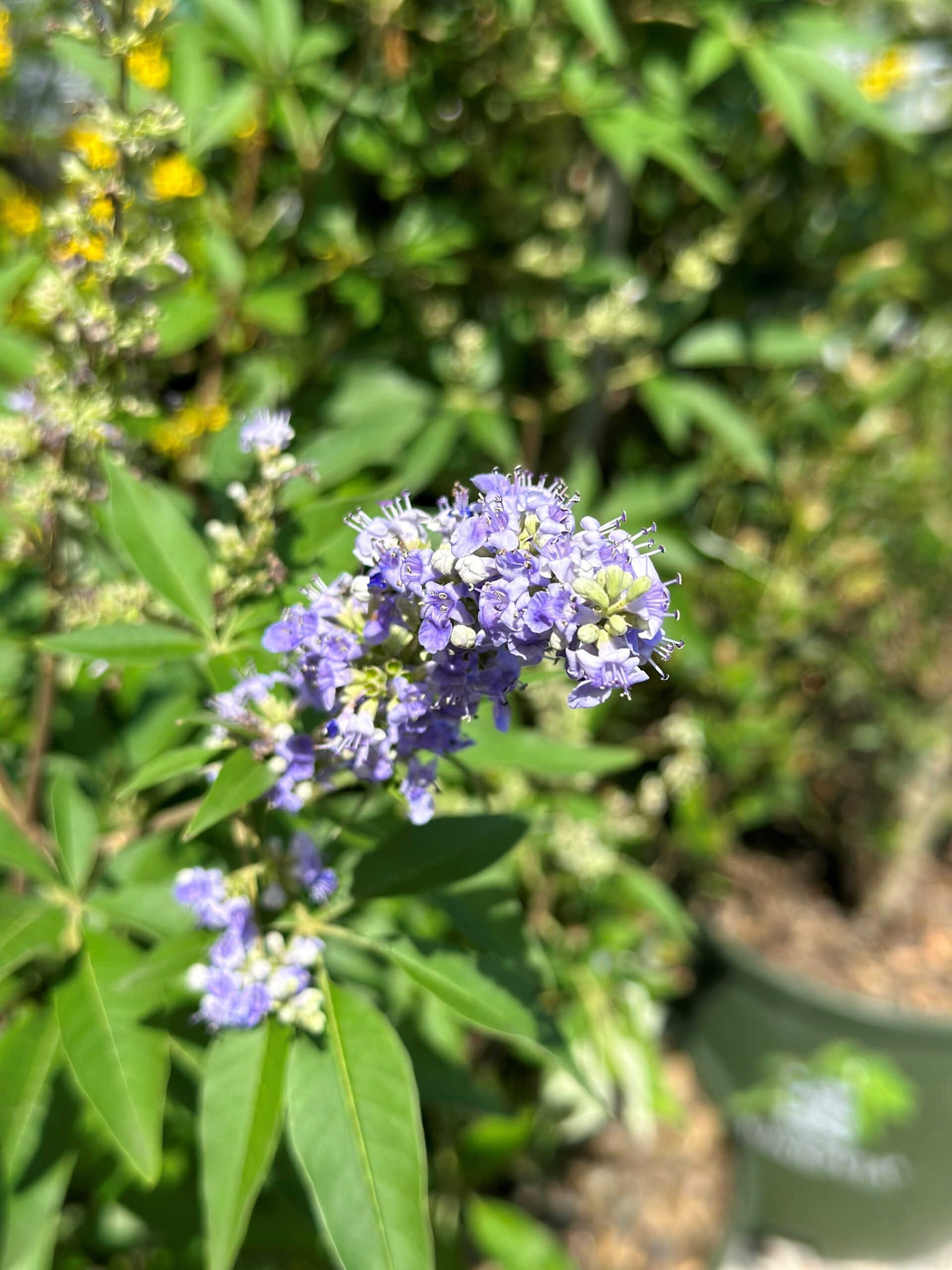Healthy soil is the cornerstone of successful gardening. It’s not just dirt; it’s a living ecosystem teaming with organisms essential for plant growth. Neglecting soil health can lead to poor yields, pest problems, and nutrient deficiencies. However, with a few simple practices, you can nurture your soil and foster a thriving garden. Here are some essential tips for maintaining soil health and maximizing your gardening success.
Understanding soil is the most important thing to keeping it healthy. You can test your soil with a soil test kit to determine its PH level, nutrient content, and texture. Different plants thrive in different soil conditions, so tailoring your gardening approach to your soil’s characteristics is crucial.
Composting is crucial to understanding soil. It is nature’s way of recycling organic matter. By composting kitchen scraps, yard waste, and other natural materials, you can enrich your soil with essential nutrients and improve its structure. By incorporating compost into your garden beds, it adds organic matter and can make your garden thrive. 

Avoid compacting your soil because this can restrict root growth. This also inhibits water infiltration and air circulation. You can minimize soil compaction by walking or working on wet soil.
Cover crops serve multiple purposes, including erosion control, weed suppression, and soil improvement. It is known that raindrops landing on soil can splash about three feet high and five feet wide. Mulching soil around plants can help prevent the splashing from reoccurring.
Rotating crops is a wonderful way to keep your soil healthy. It annually helps prevent the buildup of pests and diseases specific to certain plant families. It also helps balance nutrient depletion by alternating the types of plants grown in each area of your garden. Rotate crops in a systematic manner to maintain soil health and optimize yields.
Lastly, it is important to consider how many chemicals you are spraying on your plants and soil. Yes, they do kill pests which is why most people do want to spray chemicals. But it is also killing beneficial soil microbes and insects. Instead, opt for organic fertilizers, compost teas, and natural pest control methods to nurture a balanced soil ecosystem. Over time, your soil will become more resilient and self-sustaining.
In conclusion, healthy soil is the foundation of a productive and sustainable garden. By following these soil health tips, you can cultivate vibrant, nutrient-rich soil that supports robust plant growth and fosters biodiversity. Remember, soil improvement is a gradual process, so be patient and persistent in your efforts. With time and dedication, you’ll reap the rewards of a thriving garden and a healthier environment. Happy gardening!

